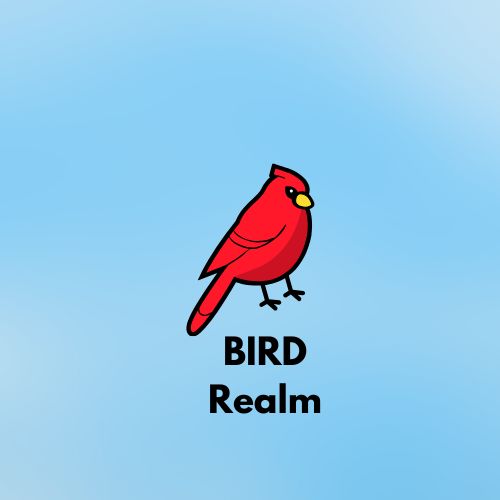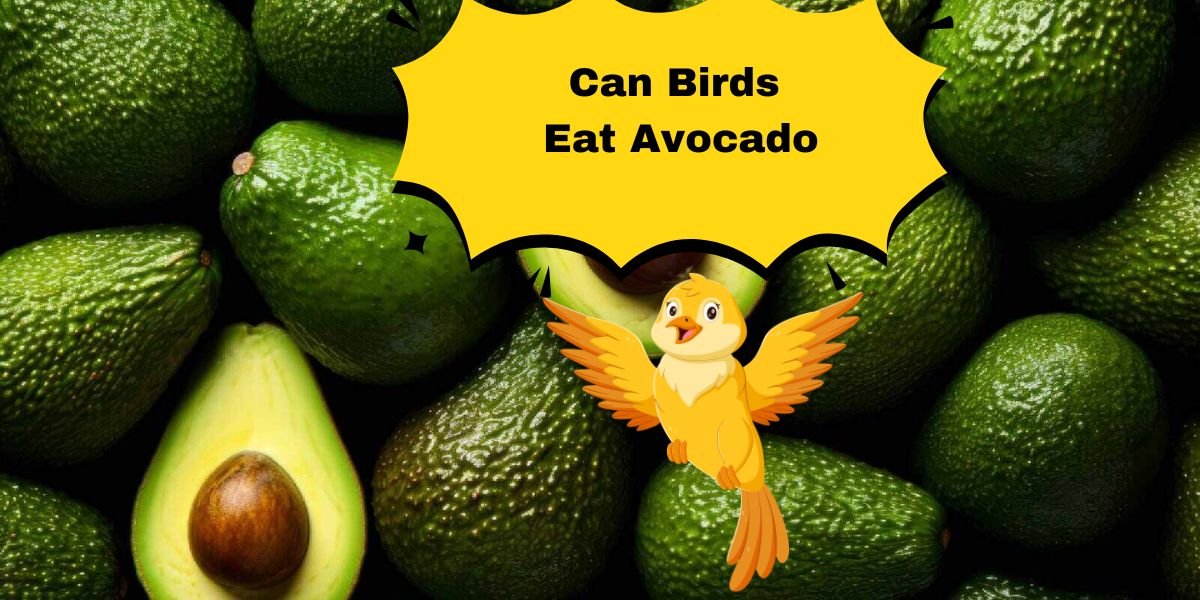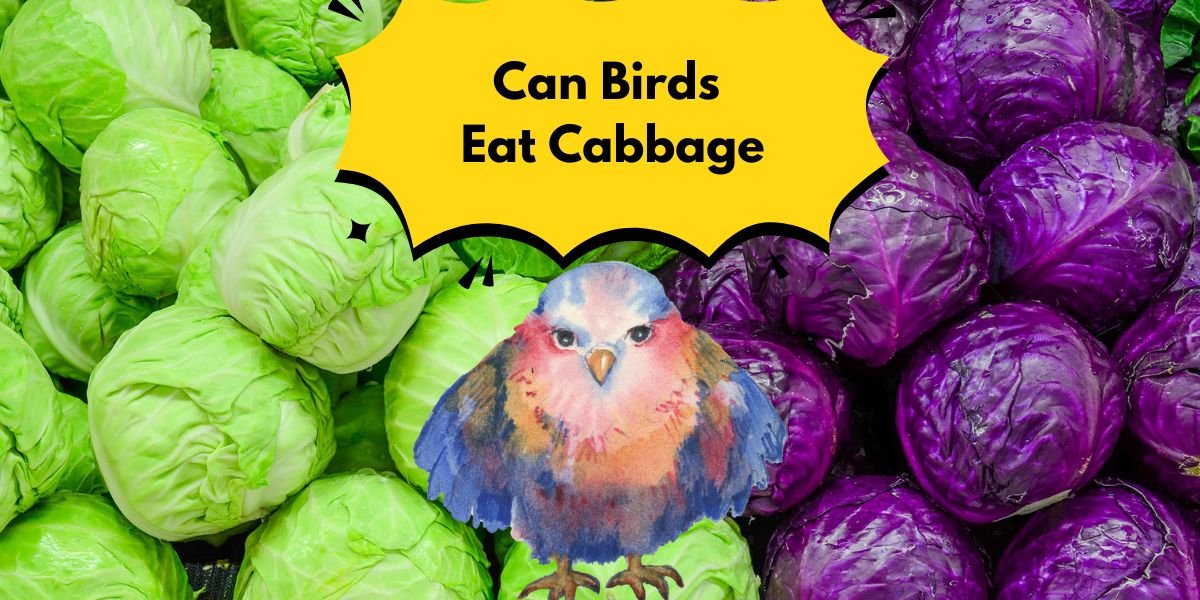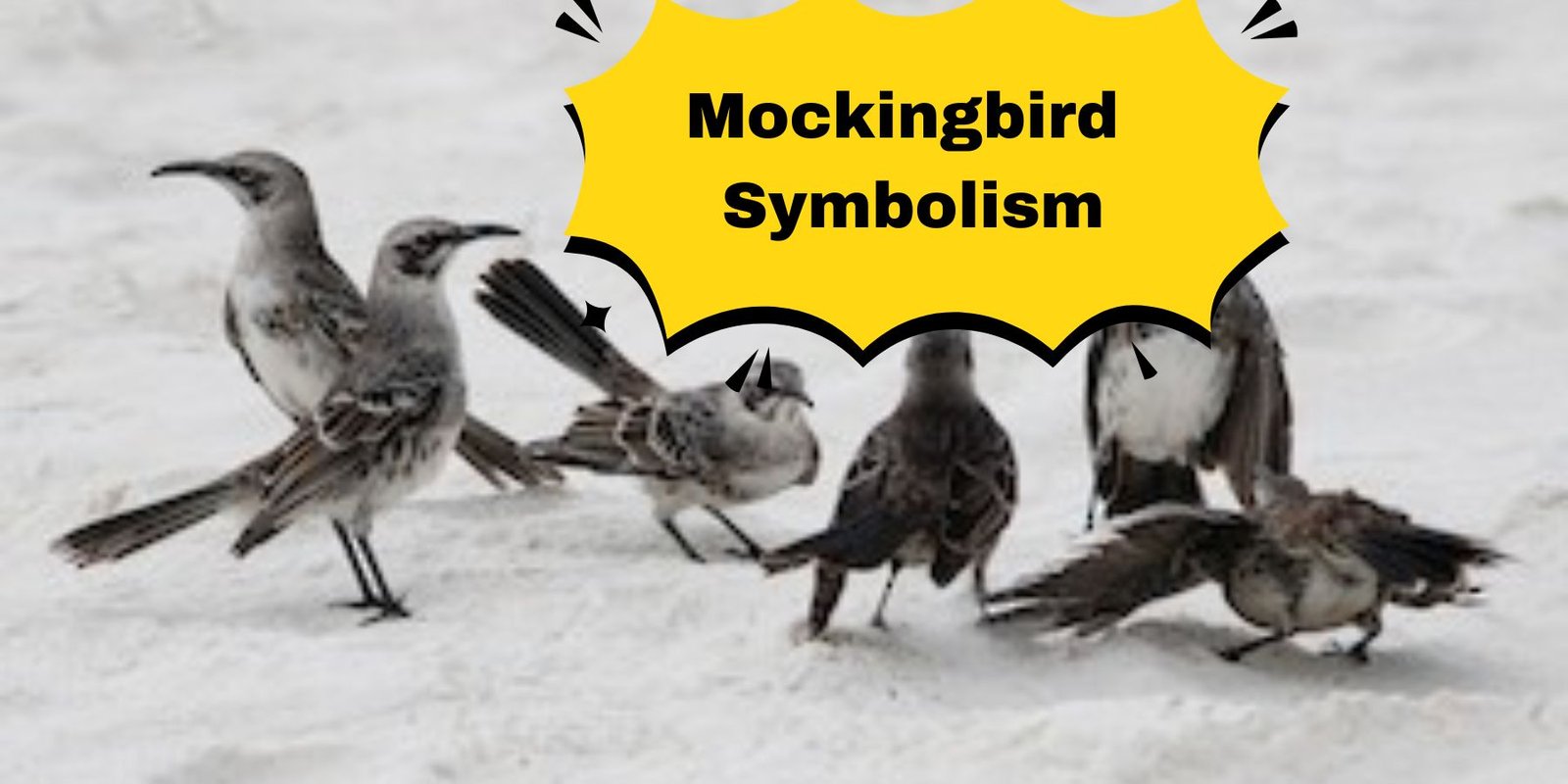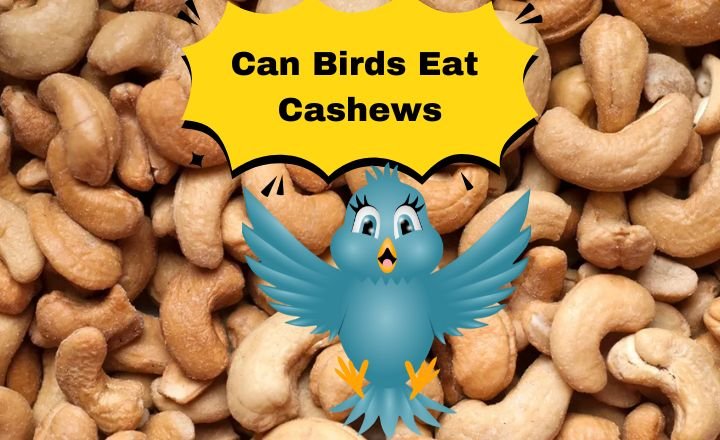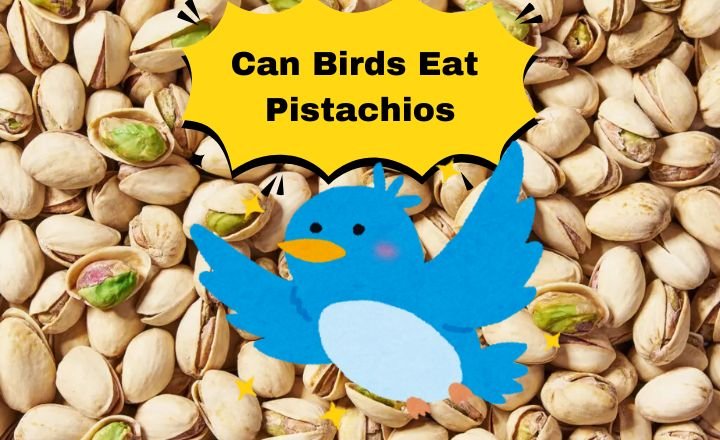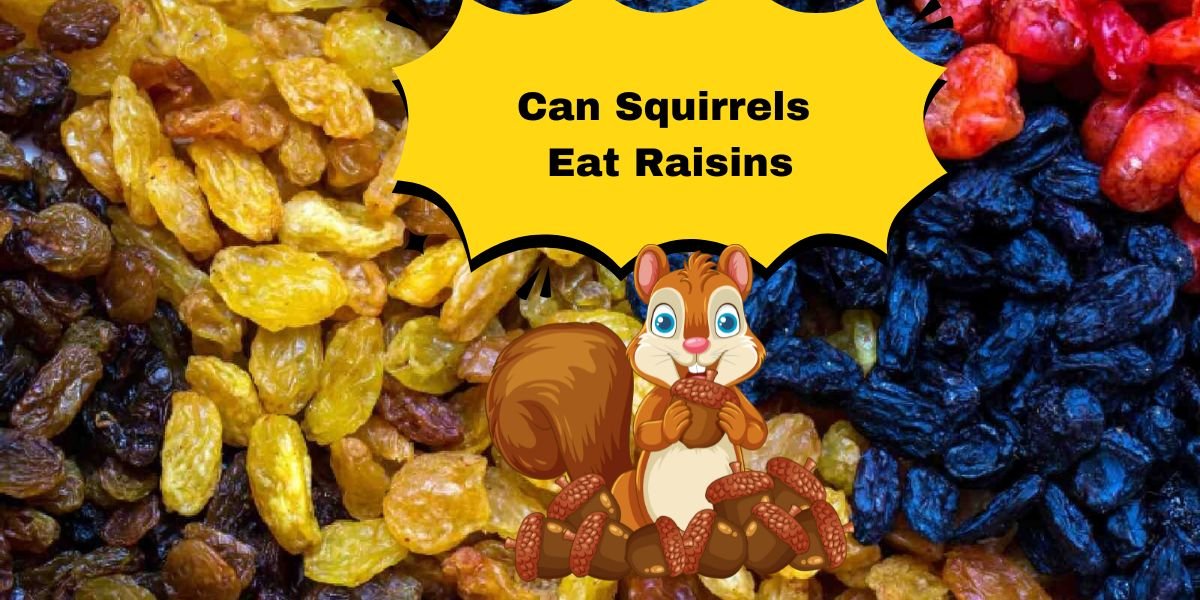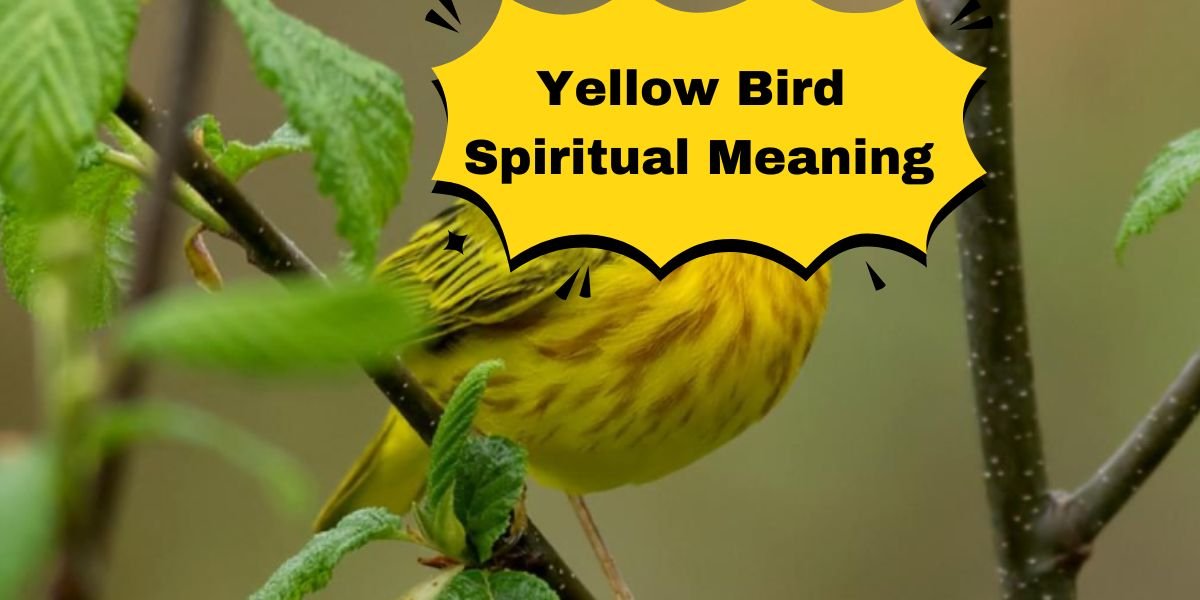Can Birds Eat Avocado?
As a bird enthusiast, you may wonder about the dietary choices that best support your pet’s health. Among the many foods we enjoy, one stands out for its controversy: avocado. This article aims to answer the question: Can birds eat avocado?
We’ll delve into the science behind avocado toxicity in birds and provide essential guidelines on safe feeding practices. You’ll gain valuable insights to ensure your bird thrives on a balanced diet by reading on.
Why Is Avocado Dangerous to Birds?
Avocado contains a compound called persin, which is toxic to many species of birds. This fatty acid can lead to severe respiratory distress, fluid accumulation around the heart, and even death in susceptible avian species. While some mammals can tolerate small amounts of persin without adverse effects, birds lack the metabolic pathways to process this compound safely.
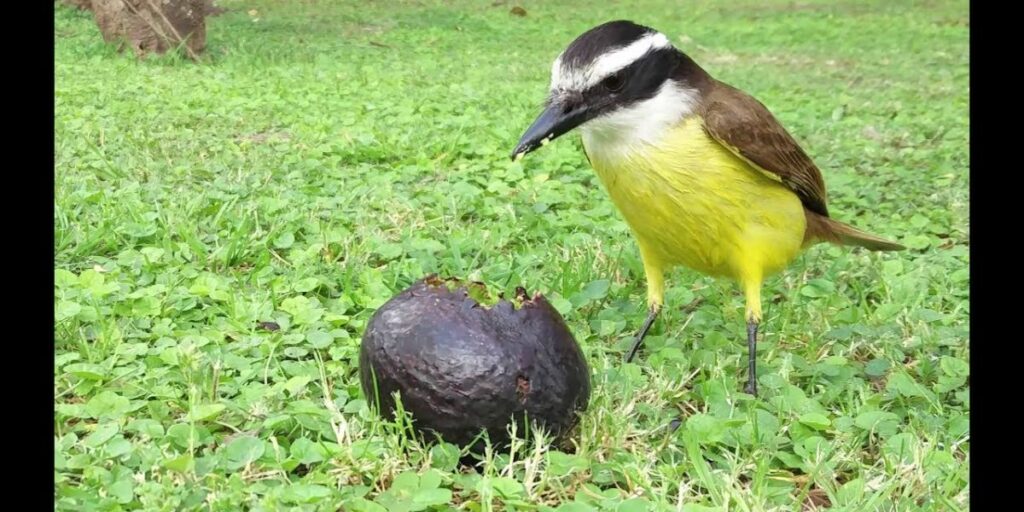
The danger lies not only in the fruit itself but also in the leaves and pits of the avocado, which are equally harmful. For pet owners or those with wild birds visiting their gardens, it’s crucial to be aware of these risks. Even small quantities of avocado can cause significant harm, making it essential to keep this fruit out of reach.
Symptoms of Avocado Poisoning in Birds
Avocado poisoning in birds is a serious concern for pet owners and bird enthusiasts alike. While the creamy fruit is a popular choice for humans, it can be toxic to our feathered friends. Symptoms of avocado poisoning often manifest quickly, and vigilance is essential.
Common signs include respiratory distress, lethargy, and gastrointestinal upset, such as vomiting or diarrhea. Affected birds may also exhibit unusual behaviors, like a lack of appetite or excessive vocalization, which can signal discomfort or distress.
One of the most troubling aspects of avocado toxicity is that its effects can vary significantly among different bird species. For instance, while some small birds may show immediate symptoms after consuming even a small amount, larger species might not exhibit signs until they ingest larger quantities.
This variability makes it crucial for bird owners to be aware of their pets’ diets and to recognize the potential dangers of feeding them human foods.
- Respiratory Distress
- Physical Weakness
- Behavioral Changes
- Congestive Heart Failure
Respiratory Distress
It’s crucial to note that avocados contain persin, a toxin that can cause respiratory distress and other severe health issues in birds. Understanding the dietary needs of these creatures is paramount for maintaining their overall health.
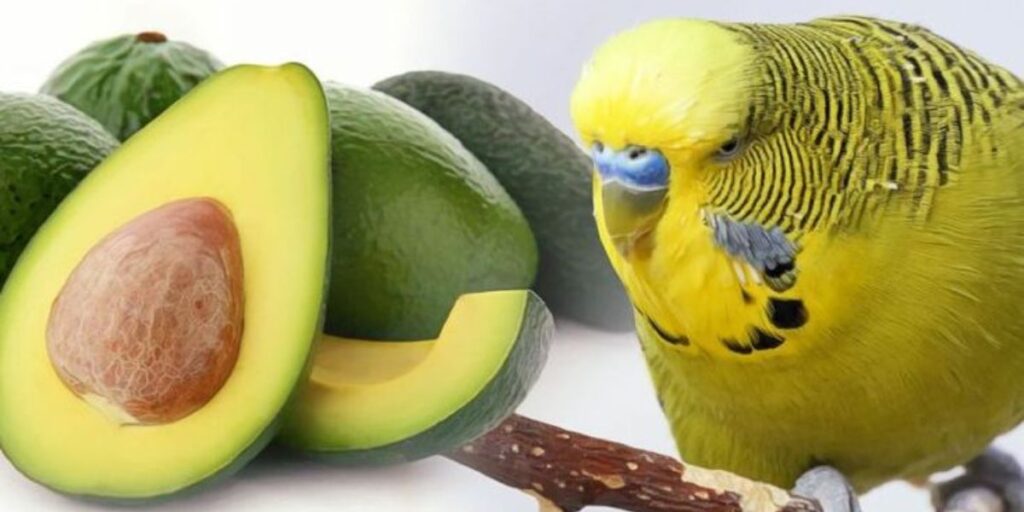
Recognizing the signs of respiratory distress in birds can be a game-changer for pet owners. Symptoms such as labored breathing, wheezing, or changes in vocalization should not be overlooked. Early intervention can mean the difference between recovery and serious complications. Regular vet check-ups and creating a safe, clean environment free from smoke, strong odors, and toxic plants can significantly reduce the risk of respiratory issues.
Physical Weakness
Physical weakness often manifests in subtle ways, sometimes masquerading as fatigue or a lack of motivation. It can stem from a variety of factors, including nutritional deficiencies, sedentary lifestyles, and even psychological stressors.
For instance, while we often think about the role of protein and vitamins in building muscle strength, we might overlook the impact of hydration. Dehydration can significantly diminish physical performance, leading to feelings of weakness and lethargy.
Behavioral Changes
The impact of diet on avian behavior extends beyond toxicity; it can also influence mood and social dynamics within flocks. Birds that consume a nutritionally balanced diet tend to be more active and engaged, fostering healthier relationships with their companions. In contrast, those exposed to harmful foods like avocados may display signs of stress or lethargy, disrupting their natural behaviors.
Congestive Heart Failure
Congestive heart failure (CHF) is a complex condition that often goes unnoticed until it reaches advanced stages. It occurs when the heart struggles to pump blood efficiently, leading to a cascade of symptoms including fatigue, shortness of breath, and fluid retention.
A fascinating aspect of CHF is its multifactorial nature—while conditions like coronary artery disease or high blood pressure are common culprits, lifestyle choices such as diet and physical activity play critical roles in its development and management.
Bird Species Susceptible to Avocado Toxicity
Avocado toxicity is a significant concern for bird owners, as certain species are particularly susceptible to its harmful effects. The flesh of the avocado contains persin, a fungicidal toxin that can lead to severe health issues in birds.
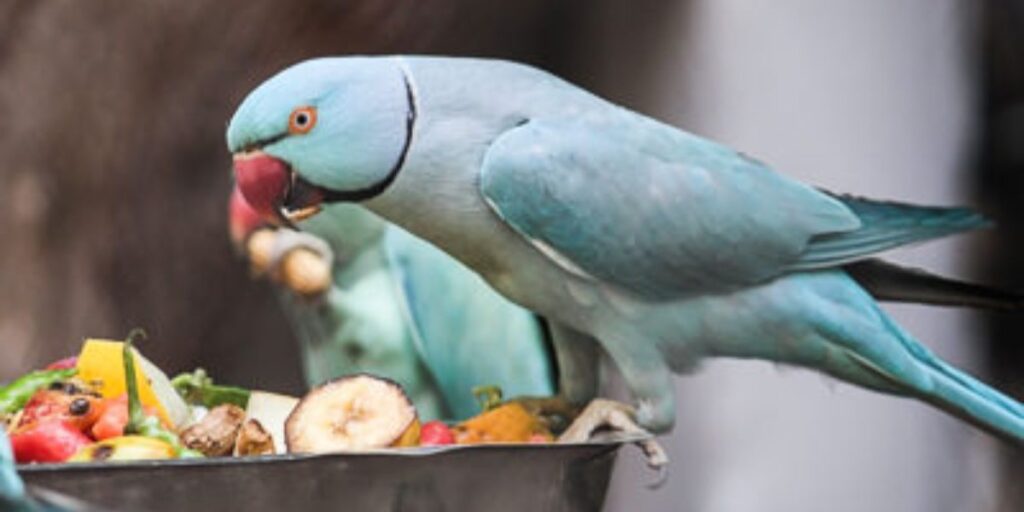
Parrots, for instance, are known to be highly sensitive to this substance, with symptoms ranging from respiratory distress to heart problems. Even small amounts of avocado can pose a serious risk, making it crucial for bird enthusiasts to be vigilant about their pets’ diets.
Final Words
Understanding the susceptibility of various bird species to avocado toxicity is crucial for both bird enthusiasts and conservationists. With certain species, such as parrots and budgerigars, being particularly vulnerable to the harmful effects of persin, it is essential to ensure that avocados are kept out of their reach.
This knowledge not only helps in safeguarding these beloved pets but also raises awareness about the broader implications of introducing non-native foods into their diets. As we continue to study the interactions between avocados and wildlife, let us remain vigilant in protecting our feathered friends from potential dangers. Together, we can create a safer environment for all bird species.
